Course Summary
Food Science and Nutrition combines 1 written examination with 3 coursework units.
Year 12 – BTEC Level 3 Certificate in Food Science and Nutrition – equivalent to half an A level
Year 13 – BTEC Level 3 Diploma in Food Science and Nutrition – equivalent to a full A Level
Over view-1 written examination in year 12 on nutrition and then 3 coursework assignments. One controlled assignment in year 13 on food hygiene and safety – assignment task given and then 3 weeks to produce the assignment
Year 12 – Food Science and Nutrition Certificate
Unit 1 – Meeting the Nutritional Needs of Specific Groups – CORE – written examination and practical coursework combined
90 minute examination plus 15 minutes reading time -Total of 90 marks
The paper is graded at Pass, Merit and Distinction
Topics are – Understanding the importance of food safety 14-22 marks, understand the properties of nutrients 14-22 marks, understand the relationship between nutrients and the human body 22-31 marks, be able to plan nutritional requirements 22-31 marks.
1 Coursework topic / set assignment – “A Chef from the local community provides learners with a selection of recipes and methods that are used in his establishment. Learners have to work in groups to produce orders of work for each recipe that an apprentice could follow, which pay absolute detail to critical control points and hazard prevention. Learners review the outputs and the menus and assess their nutritional value for different specific groups.”
Total = 80+ UMS points required / aiming for distinction
Year 13 – Food Science and Nutrition Diploma
Unit 2 – Ensuring Food is Safe to Eat – CORE – 80+ UMS marks – Distinction
An 8 hour timed supervised assessment
“Learners could undertake a role play activity based on the outbreak of a food borne infection, which has been traced back to a particular restaurant. Different learners or groups of learners would undertake different roles, such as local environmental officers, staff at the restaurant, owners of the restaurant etc. Each group would need to assess how the outbreak could have been caused and develop an action plan to prevent any further outbreaks. Environmental Health Officers could provide learners with facts about the restaurant, such as the type of food that was being prepared, the storage conditions etc. and review their ideas.”
Unit 3 – Experimenting to Solve Food Production Problems – OPTION – 80 + UMS marks – Distinction
A practical and written based assignment
“Learners could work with a major catering organisation asked to tender for the catering of a major event, such as a gala dinner for the sponsors of the Grand Prix. The organiser wants all high quality home made products but the catering manager is concerned how to ensure high quality sauces are achieved. Learners will need to consider the variables involved in the production of sauces that may be served as accompaniments to dishes and carry out experiments to determine which options would be valid. They present their conclusions to a team preparing the tender.”
For further information please contact Mrs L Bishop on email Lbishop@ripleyacademy.org

